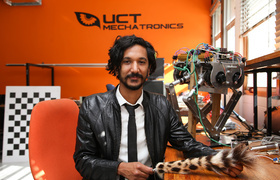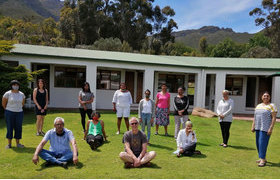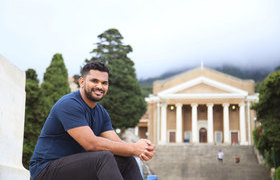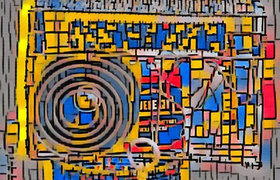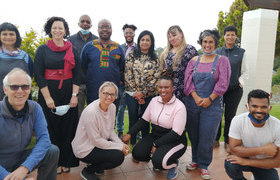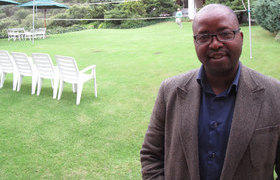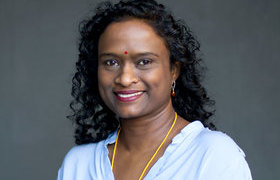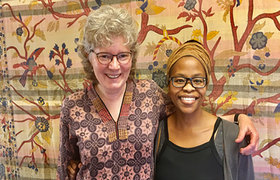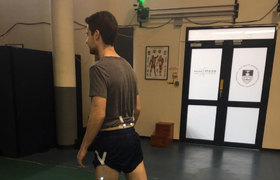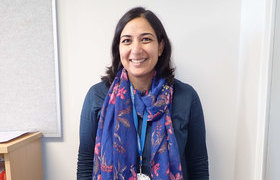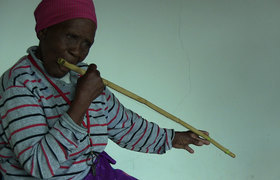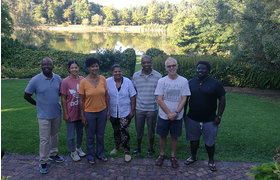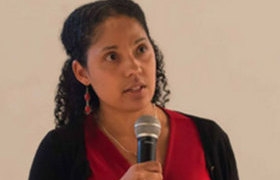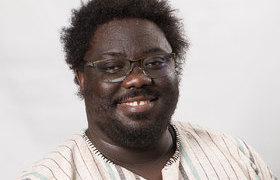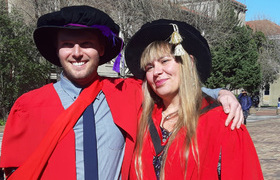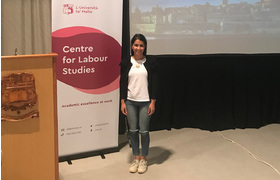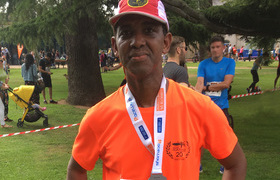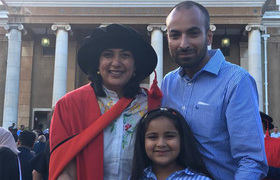Amir Patel and Mohohlo Tsoeu each win Google Research Scholar Awards
13 April 2021 | Story Robert Morrell. Photo Supplied. Read time 4 min.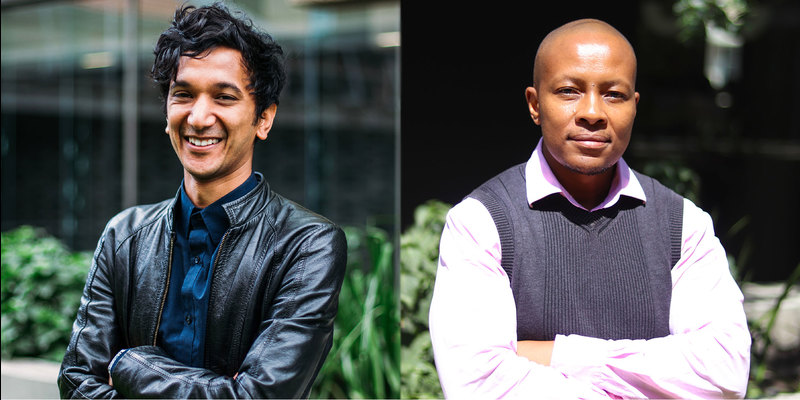
Associate Professor Amir Patel and Dr Mohohlo Tsoeu have each been awarded a 2021 Google Research Scholar Award. The prestigious awards aim to support early-career researchers who are pursuing research in fields relevant to Google.
Amir and Mohohlo are the only Africans to be selected this year and the University of Cape Town’s (UCT) first ever recipients. They are both members of the newly formed African Robotics Unit (ARU) in the Faculty of Engineering & the Built Environment.
Winner in Category: Machine Perception
Amir was awarded in the category of Machine Perception for a project titled, “WildPose: 3D Animal Biomechanics in the Field Using Multi-Sensor Data Fusion”. Africa is home to the world’s greatest animal athletes, but researchers still have an incomplete understanding of how they robustly traverse through the unstructured world. Attaining deeper insights into their abilities will be invaluable for legged robots if they are ever to leave the safe confines of the laboratory.

Currently, the biggest impediment to a holistic understanding of animal locomotion is measuring and modelling whole-body motion in the wild. This project proposes to develop a deep learning-based motion capture system (WildPose), which leverages complementary sensor data to remotely obtain high-speed, whole-body 3D animal kinematics in the field from a single view. The system will enable videographers to capture biomechanical data from animals (such as cheetahs and lions) in the wild using a single handheld device, tapping a new source for data collection.
In response to winning the award, Amir said, “I am very excited to receive this award as it is my first international grant. I am also excited to be working with Google as they have already started introducing me to some of the top [artificial intelligence] researchers in the world.”
Winner in Category: Natural Language Processing
Mohohlo was awarded in the category of Natural Language Processing for a project titled, “Corpora Collection and Complete Natural Language Processing of isiXhosa, Sesotho and South African Sign Languages”. This project will contribute to the development of comprehensive high quality language corpora for indigenous South African languages.
His work will also further investigate and develop novel and high-performance machine learning algorithms aimed at application areas like automatic speech recognition, translation and text-to-speech/sign technology. These applications find a place in the growing area of human machine interfacing (HMI), but most importantly for South Africa, they contribute towards bridging the human language divide and improving equal access and participation, to restore the dignity of currently marginalised groups, such as the Deaf and hard of hearing communities.
Mohohlo’s response to receiving the award: “I am very excited to receive this prestigious award in recognition of the contribution of my team’s research contributions. The award will fund development of much needed language resources, research and the development of novel natural language processing algorithms and applications as well as student training.”
 This work is licensed under a Creative Commons Attribution-NoDerivatives 4.0 International License.
This work is licensed under a Creative Commons Attribution-NoDerivatives 4.0 International License.
Please view the republishing articles page for more information.
Next Generation Professoriate (NGP)
The Next Generation Professoriate (NGP) is a mid-career academic staff development and support programme. Funded by the vice-chancellor’s Strategic Funds, the NGP addresses demographic inequalities in the academic hierarchy. The goal is to help members become associate and full professors.
The NGP was officially launched in September 2015. By the end of 2018, four of its members had been promoted to full professor and a further 14 had reached the rank of associate professor.
The programme is led by Dr Robert Morrell, who has over 35 years of academic experience in South African universities. He has a B1-rating from the the National Research Foundation (NRF) and is an elected member of the Academy of Sciences in South Africa.
Newsletters
In the news
